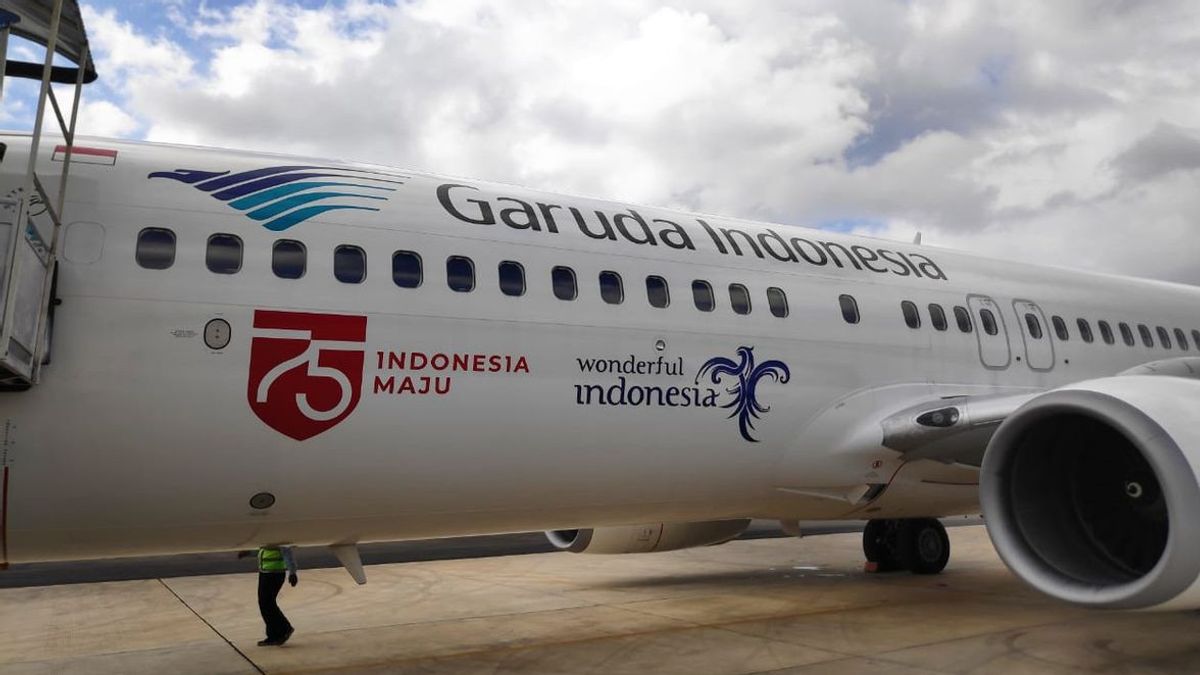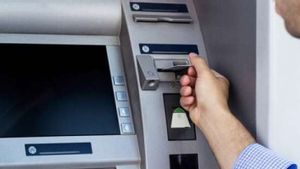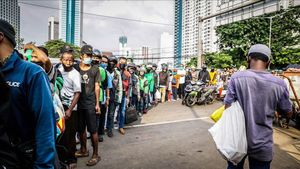JAKARTA - The case of Garuda Indonesia's default on a global sukuk worth USD 500 million raises questions about how the sukuk will be restructured, its resolution and its implementation in Indonesia. This was stated by the international debt rating agency Fitch Ratings.
"Legal precedent for effective enforcement is lacking in many jurisdictions where issuance of sukuk is common, including in Indonesia", said Director of Fitch Ratings Indonesia Olly Prayudi, quoted on Friday, July 9.
According to him, it is still uncertain whether certificate holders will be able to enforce their contractual rights in the relevant courts.
"Fitch does not assess Garuda or its sukuk, but is monitoring its development closely", said Olly.
Furthermore, sharia requirements can make the resolution of a sukuk default more complex than the resolution of a bond default. Complexity is also added to Garuda's capital structure, which consists of several types of debt instruments, including sukuk, asset-backed securitization, bank loans, factoring, and aircraft leases.
“This involves various off- and on-shore parties. The authorities own more than 60 percent of Garuda's shares and the airline's sukuk offerings do not contain government or financial guarantees", he said.
In Olly's notes, the ongoing coronavirus pandemic remains a key risk to the recovery of Garuda and other Indonesia-based sukuk issuers, with domestic corporate sukuk defaults peaking at 4.2 percent in 2020 (2019: 0.6 percent).
“We classify Indonesia in Group D under our Country Specific Treatment Recovery Rating Criteria. Countries under this group are countries where the law does not support the rights of creditors or where the significant volatility in law enforcement and enforcement of any claims limits the practical chances of recovery or greatly increases the volatility of the prospects for recovery.
To note, court-supervised debt moratoriums and bankruptcy proceedings for sukuk are rare, given the complexity of making such applications in domestic religious courts, as opposed to commercial courts.
SEE ALSO:
Indonesian law states that religious courts have the authority to settle Islamic financial disputes. However, in practice, this can be settled in a commercial court if both parties agree.
"Religious courts are often used to settle simpler retail transactions, while commercial courts usually hear complex commercial disputes because litigants consider officials to be more competent in deciding the matter", said Olly.
Meanwhile, sukuk issued in international capital markets are usually governed by British law and subject to the jurisdiction of the British courts or other courts recognized by international law and jurisdiction.
"But what needs to be remembered is that it is part of the documentation and any decision will also be regulated and reviewed by the court where the maker is domiciled and its validity will be limited by local laws", he concluded.
The English, Chinese, Japanese, Arabic, and French versions are automatically generated by the AI. So there may still be inaccuracies in translating, please always see Indonesian as our main language. (system supported by DigitalSiber.id)
















